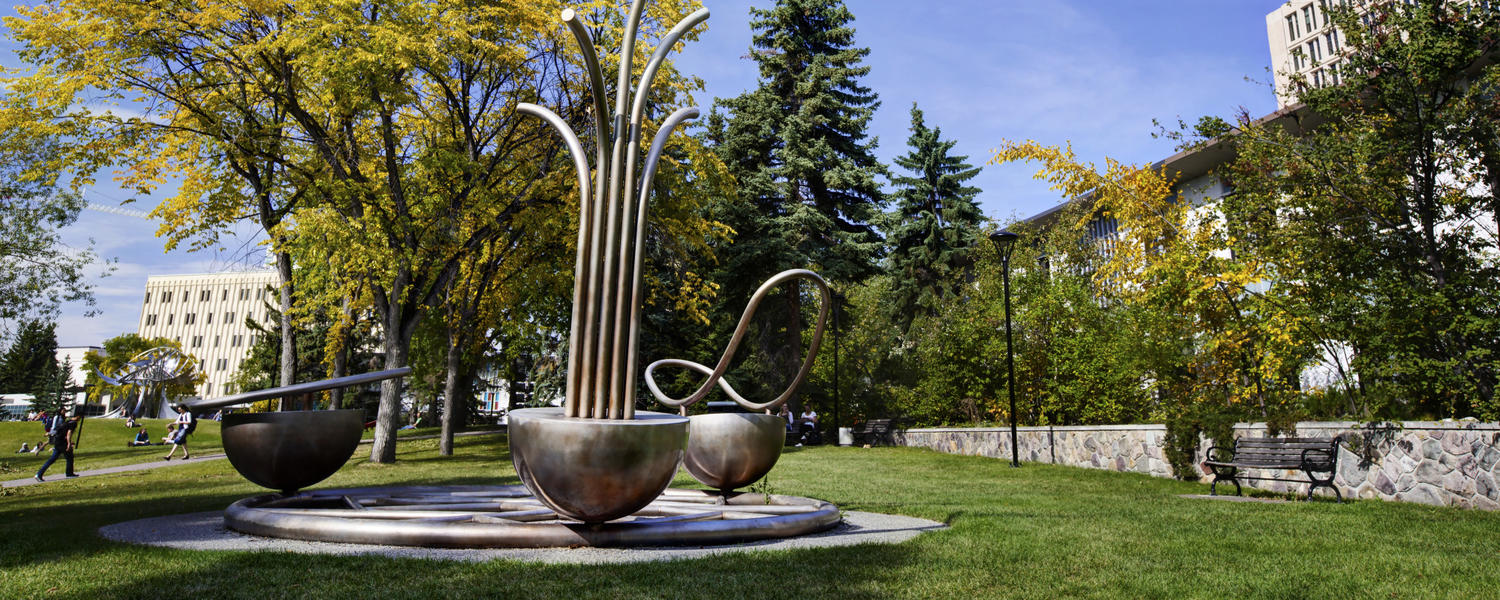Academic Leadership Mentorship Program
The Academic Leadership Academy's mentorship program is specifically designed for academic leaders who are new or relatively new to their role, although the program is open to academic leaders of all levels. Several mentors are also mentees in this program. This mentorship program will pair experienced senior academic leaders with academic leaders who are relatively new to their role.
Academic leaders play important roles that are nuanced, challenging and constantly evolving. Faculty members have impressive educational and professional careers, but many assume an academic leadership role without a complete understanding of what the job entails, or may have little or no management experience.
Mentorship enhances support for leaders in these roles, provides an individualized development opportunity and networking opportunities to connect the mentee to the university community and beyond.
Mentors are guides. They lead us along the journey of our lives. We trust them because they have been there before. They embody our hopes, cast light on the way ahead, interpret arcane signs, warn us of lurking dangers, and point out unexpected delights along the way.
Effective Teaching and Mentoring: Realizing the Transformational Power of Adult Learning Experiences
Laurent A. Daloz, 1986
Application Process:
A link to the mentorship software platform, PeopleGrove, will be made available when we are accepting applications in July 2019.
July – October 2019
Applications for mentor and mentee opportunities and matching
October 2019
Kick off orientation for mentors and mentees
October 2019 – June 2020
Ongoing mentorship activities
June 2020
Formal conclusion of mentorship relationship
FAQs
The length of the formal mentoring relationship is one academic year, commencing in October, but the partnership may continue informally thereafter. It is expected that the mentee and mentor will meet a minimum of bi-monthly or six times over the course of the year for at least one hour. Pairs may arrange to meet more frequently at their own discretion.
Mentors and mentees are required to submit an application to initiate the matching process using PeopleGrove, our University of Calgary mentoring software platform. Mentees and mentors are matched through a thoughtful process whereby mentee profiles are reviewed in relation to available mentors; there should be an alignment between development goals of the mentee and skills of the mentor. While it is difficult to come up with criteria for an ideal match in each case, we will strive to find common interests. Issues such as age, gender, ethnicity and country of origin may also be factors, depending upon the mentee’s interest. The mentee’s willingness to learn from the mentor and the mentor’s enthusiasm to serve are the primary requirements for the success of a mentoring relationship.
Once a pair has been matched, they will be encouraged to meet and determine their interest in a mentoring relationship. They will establish expectations around goals, frequency of meetings, communication and other elements.
At the outset of the mentorship program commencement, mentors and mentees will attend a brief orientation program to familiarize themselves to the program, expectations and resources to support their mentorship relationship. A number of online resources will be made available to mentees and mentors. Touchpoints will be scheduled with the mentor and mentee occasionally throughout the partnership to ensure that expectations are being made and resources are provided where needed.
Several mentor/mentee group events will be held during the year, to create a community of practice and share experiences, feedback and suggestions for effective outcomes.
Benefits to Mentee
- Quicker adaption to a new role; reduced likelihood of frustration and failure
- Increased exposure to connections and ideas
- Improved professional success
- Individual recognition and encouragement
- Constructive criticism and informal feedback
- Reduction of stress (psycho-social support)
Benefits to the Mentor
- Improved sense of contribution by supporting others and giving back
- Exposure to a diversity of views and skills from a different age, experience set or discipline
- Ideas for, and feedback about, the mentor's own teaching / scholarship
- Encouragement of cooperation and cohesiveness
- Increased connectivity and development of a community
